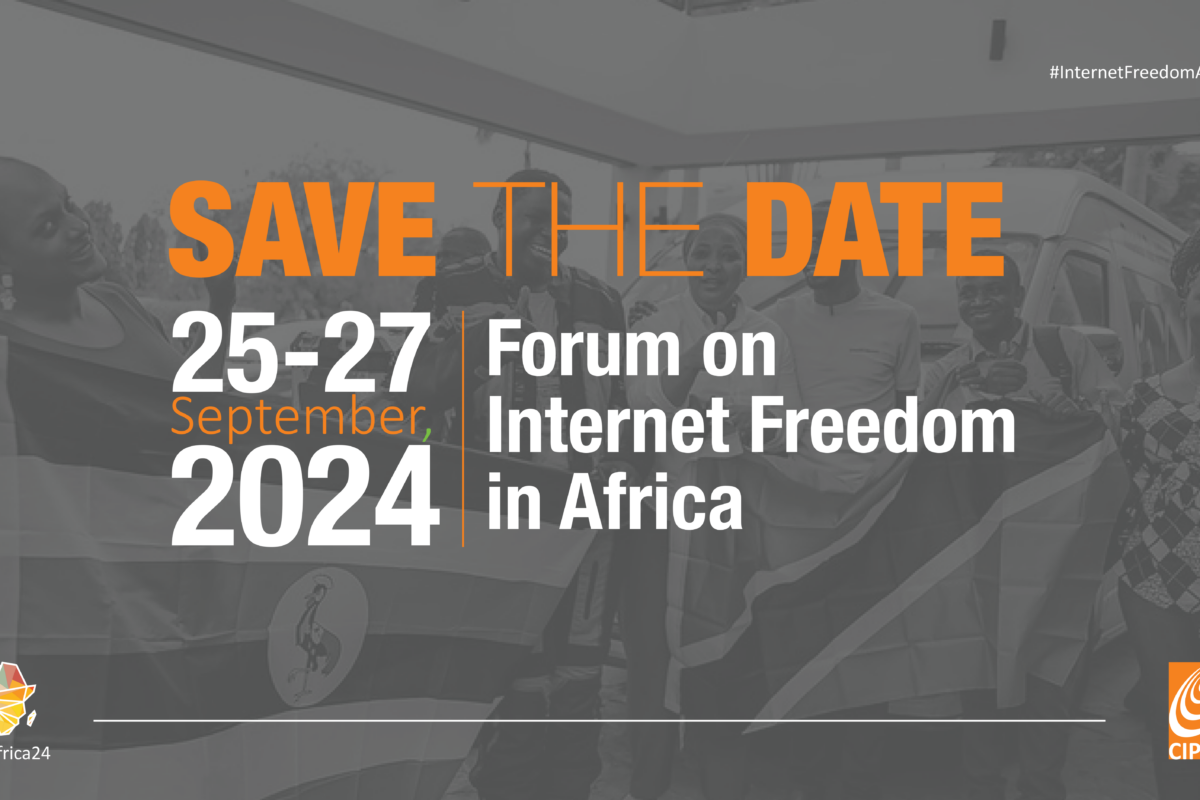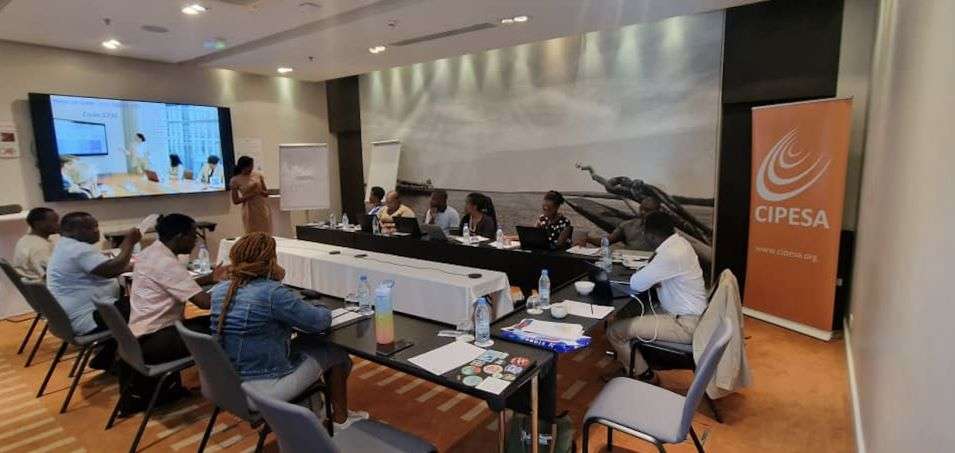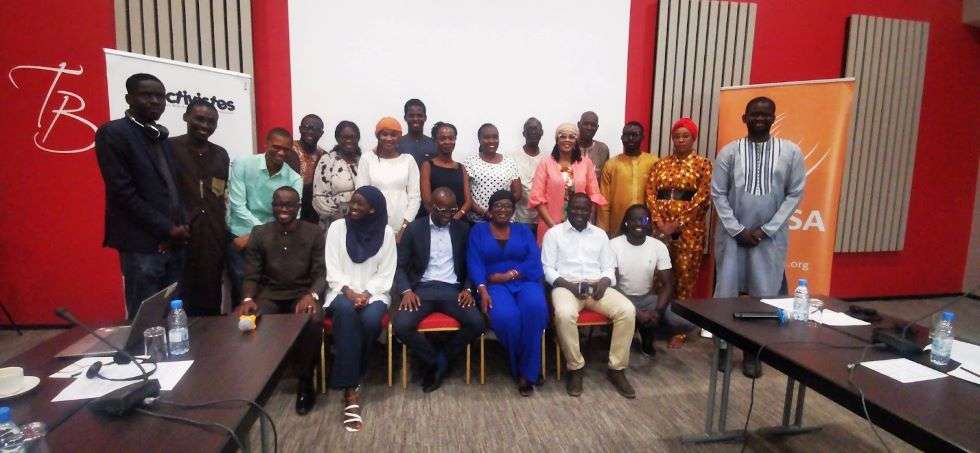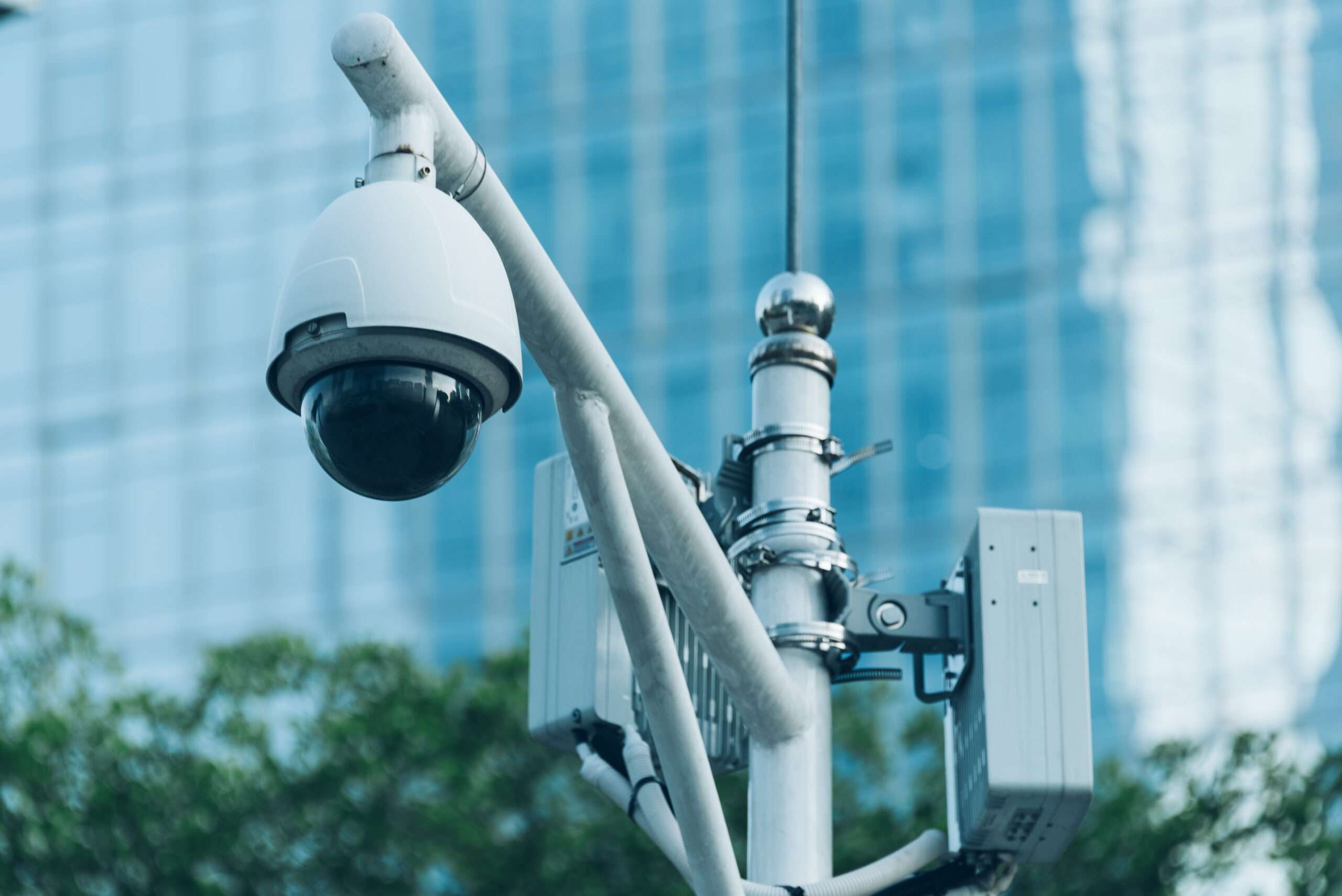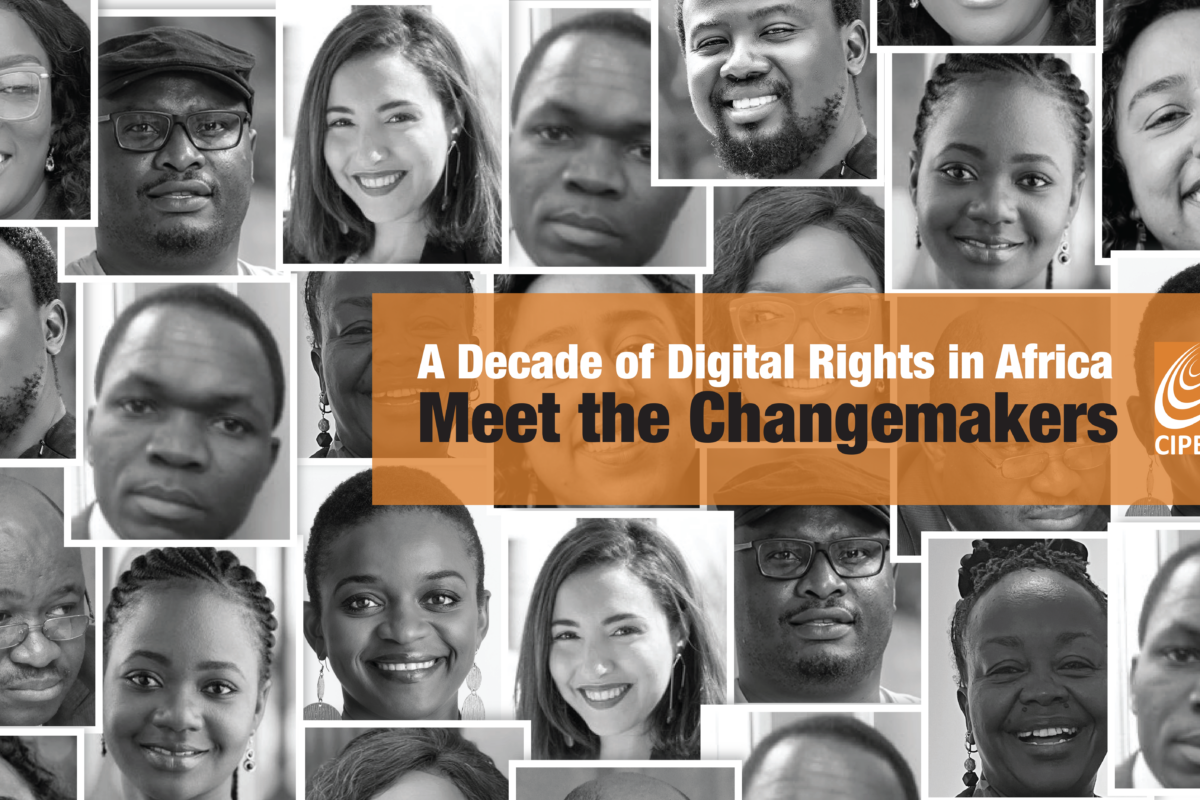CIPESA Writer |
Over the last decade, Africa’s journey to achieve internet freedom has not been without challenges. There have been significant threats to internet freedom, evidenced by the rampant state censorship through
internet shutdowns, surveillance, blocking and filtering of websites, and the widespread use of repressive laws to suppress the voices of key actors.
However, amidst all this, there is a community of actors who have dedicated efforts towards advancing digital rights in the continent with the goal of ensuring that more Africans can enjoy the full benefits of the internet.
As part of our efforts recounting the work of the Collaboration on International ICT Policy for East and Southern Africa (CIPESA) over the years, we are pleased to share this special edition report: A Decade of Digital Rights in Africa: Reflections and Insights from 10 Change Makers, where we document reflections and insights from ten collaborators who have been instrumental in shaping Africa’s digital and Internet freedom advocacy landscape over the last ten years.
These changemakers have demonstrated change by advocating for a more free, secure, and open internet in Africa and working to ensure that no one is left behind.
Read the full report: A Decade of Digital Rights in Africa: Reflections and Insights from 10 Change Makers!
Meet the Changemakers
‘Gbenga Sesan, the Executive Director of Paradigm Initiative, is an eloquent advocate for internet freedom across the continent, leading efforts to push back against repressive laws and promoting digital
inclusion while speaking truth to power. He continues to champion the transformative power of technology for social good and to drive positive change in society.
Arthur Gwagwa is a Research Scholar at Utrecht University, Netherlands, and a long-standing advocate for digital rights and justice. His work in the philanthropic sector has been instrumental in supporting various grassroots initiatives to promote internet freedom in Africa. Similarly, his pioneering research work and thought leadership continue to inspire and transform the lives of people in Africa.
Edetaen Ojo, the Executive Director of Media Rights Agenda, is a prominent advocate for advancing media rights and internet freedom. Known for his strategic vision and dedication to media freedom, he pioneered the conceptualisation and development of the African Declaration on Internet Rights and has been a key voice in shaping Internet policy-making in Africa.
Emilar Gandhi, the Head of Stakeholder Engagement and Global Strategic Policy Initiatives at Meta, built a strong foundation in civil society as an advocate for Internet freedom. She is a prominent figure in technology policy in Africa whose expertise and dedication have made her a valuable voice for inclusivity and responsible technology development in the region.
Dr. Grace Githaiga, the CEO and Convenor of Kenya ICT Action Network (KICTANet), has been a leading
advocate for media freedom and digital rights in Africa. Her tireless advocacy in shaping internet policy has earned her recognition for her pivotal roles in championing internet freedom, digital inclusion,
multistakeholderism, and women’s rights online.
Julie Owono, the Executive Director of Internet Sans Frontières (Internet Without Borders), is a passionate and respected digital rights advocate and thought leader in the global digital community. She is not only a champion for internet freedom in Africa but is also a symbol of hope for many communities standing at the forefront of the battle for internet freedom and connectivity in Africa.
Neema Iyer, the founder of Pollicy, is well known for her advocacy efforts in bringing feminist perspectives into data and technology policy. Her dynamic and multi-faceted approach to solving social challenges exemplifies the potential of data and technology to advance social justice and promote digital inclusion and internet freedom in Africa.
Dr. Tabani Moyo, the Regional Director of the Media Institute of Southern Africa (MISA), is a distinguished
media freedom advocate and influential leader in guiding a community of changemakers in Southern Africa. He has played an extensive and formidable role in pushing back against restrictive and repressive laws, supporting journalists under threat, empowering young Africans, and shaping internet governance policies.
Temitope Ogundipe, the Founder and Executive Director of TechSocietal, has been a champion for digital rights and inclusion in Africa. She is an advocate for women’s rights online and uses her expertise to contribute to the development of youth and address digital inequalities affecting vulnerable groups across the continent.
Wafa Ben-Hassine, the Principal Responsible Technology at Omidyar Network, is a recognised human rights defender and visionary leader dedicated to promoting human rights and responsible technological
development. Her relentless advocacy and valuable contributions to defending digital rights, civil liberties, and technology policy continue to inspire many across the continent.
Join the Report Launch Webinar:
When: January 31, 2024
Time: 14:00-16:00 (Nairobi Time)
Location: Zoom (Register here)
After registering, you will receive a confirmation email containing information about joining the webinar.
Updated: Watch the report launch webinar.

